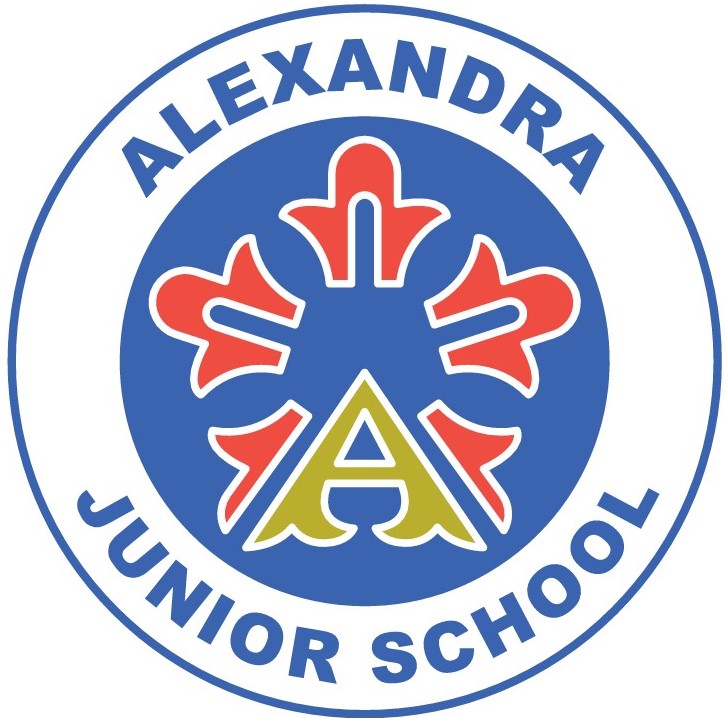Cultural Capital
What does Cultural Capital mean at Alexandra Junior School?
Every child and family who joins our setting will have their own knowledge and experiences that will link to their culture and wider family. This might include: languages, beliefs, traditions, cultural and family heritage, interests, travel and work. Research shows that when children and families’ cultures are valued, both the child’s experience of learning and progress can benefit.
Cultural capital is the accumulation of knowledge, behaviours, and skills that a child can draw upon and which demonstrates their cultural awareness, knowledge and competence; it is one of the key ingredients a pupil will draw upon to be successful in society, their career and the world of work.
Cultural capital gives power. It helps children achieve goals, become successful, and rise up the social ladder without necessarily having wealth or financial capital. Cultural capital is having assets that give children the desire to aspire and achieve social mobility whatever their starting point.
At Alexandra Junior School, children benefit from a curriculum that builds on what they understand and know already. We believe that exposure, not only to culture but also to situations in which the children might not have previous experiences of, is of paramount importance to their ongoing successes.
We recognise that for pupils to aspire and be successful academically and in the wider areas of their lives, they need to be given rich and sustained opportunities to develop their cultural capital.
The school recognises that there are six key areas of development that are interrelated and cumulatively contribute to the sum of a pupil’s cultural capital:
Personal Development
Below is a summary of the key areas of coverage for the Personal Development area of Cultural Capital Development:
- 5Es
- Alexandra Promise
- Personal Finance Education;
- Employability skills -ESB
- Citizenship, Personal, Social and Health Education provision;
- The school’s wider pastoral framework;
- Growth mindset and metacognition – Resilience development strategies;
- Transition support;
- Work to develop confidence e.g. public speaking and interview skills;
- Activities focused on building self-esteem;
- Mental Health & well-being provision.
Social Development, including political and current affairs awareness
- Citizenship, Personal, Social and Health Education provision;
- Charitable works;
- Pupil Voice – School/Eco Council
- Local democracy week event
- Nurture Group Access;
- Provisions linked to the school’s Healthy Schools’ Accreditation;
- Access to counselling and ELSA
Physical Development
- Healthy Eating policies and catering provision;
- Anti-bullying and safeguarding policies and strategies;
- The extra-curricular programme related to sports and well-being;
- The celebration of sporting achievement including personal fitness and competitive sport;
- Cycling proficiency training and Cycling to School Safely protocol;
- Activities available for unstructured time, including lunch and break times;
- Activity-based residentials;
- The curricular programme related to food preparation and nutrition;
- Advice & Guidance to parents on all aspects of pupil lifestyle;
- The promotion of walking or cycling to school.
Spiritual Development
- The Religious Education and Philosophy Curriculum;
- Our collective acts of worship and reflection;
- Support for the expression of individual faiths;
- Inter-faith and faith-specific activities and speakers;
- Visits to religious buildings and centres;
- School-linking activities – locally, nationally and internationally;
- The Assembly programme of values.
